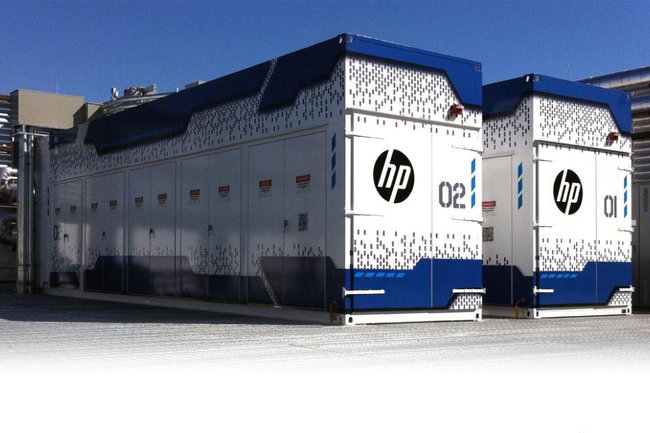Modular Data Centers
All the details
Modular data centers are one of the latest innovations in the IT world. In many cases, they are capable of increasing business productivity while reducing costs. We went looking for answers to some common questions about these data centers and what implications they have for the future. So, what is a modular data center? A […]
